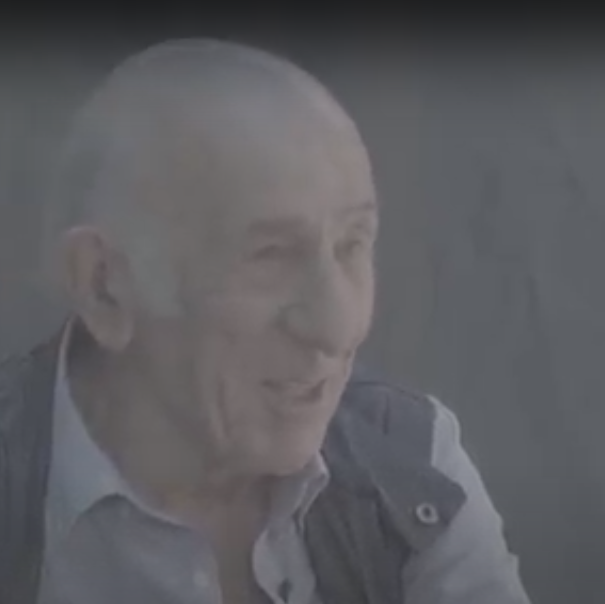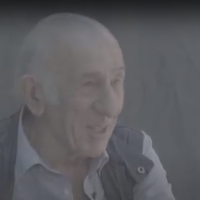A Zadar exile in Italy: „Hate the war but not those, who suffer under it!“

Stáhnout obrázek
Antonio Vatta was born in Zadar/Zara in 1935. His parents, of Italian and Slavic ethnicity, came from the Island of Ugjlan, not far from the city. The city of Zadar was multicultural, prosperous, and very important for the whole of Dalmatia. Vatta lived there until the age of 9 years. On 30th November 1944, after the first bombings in Zadar, the Vatta family left the city. After various resettlements, troubles, and temporary separation from the farther, for a time prisoner in Susak, the Vattas finally settled in Turin, Italy in 1951. In the Piedmontese capital, Antonio met his future wife, an exile from Rijeka, and they both become workers in famous Turinese factories. Antonio fought for more rights and protections to the refugees and exiles of the Second World War in Italy. In 1997, thanks to a law that Vatta promoted himslef, the refugees were given the chance to buy their homes from the State at a reduced price. Beyond activism for war refugees, Antonio Vatta dedicates most of his time to telling his life experience in schools. His message for the students is to hate the war and the powerful people who promote it, not the ones who suffered just like him. After a period of refusal, he visited Zadar in 1983. He keeps returning there very often, fighting his nostalgia towards his childhood in Dalmatia.
